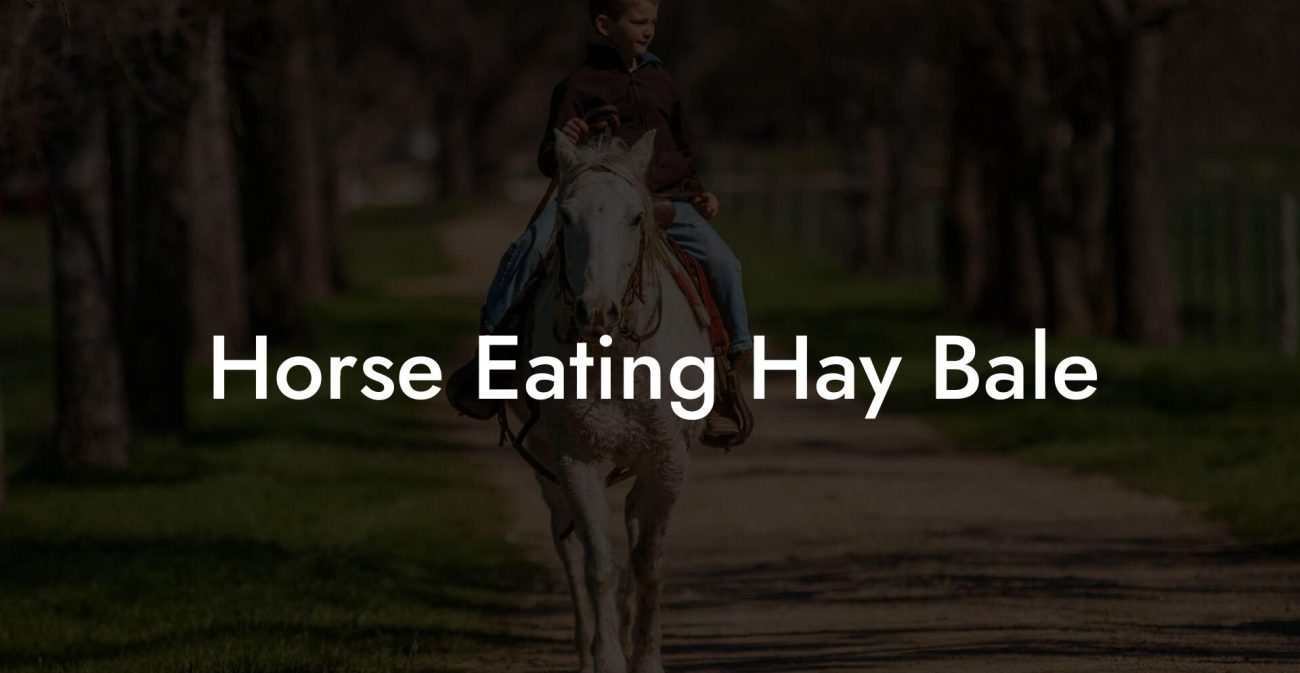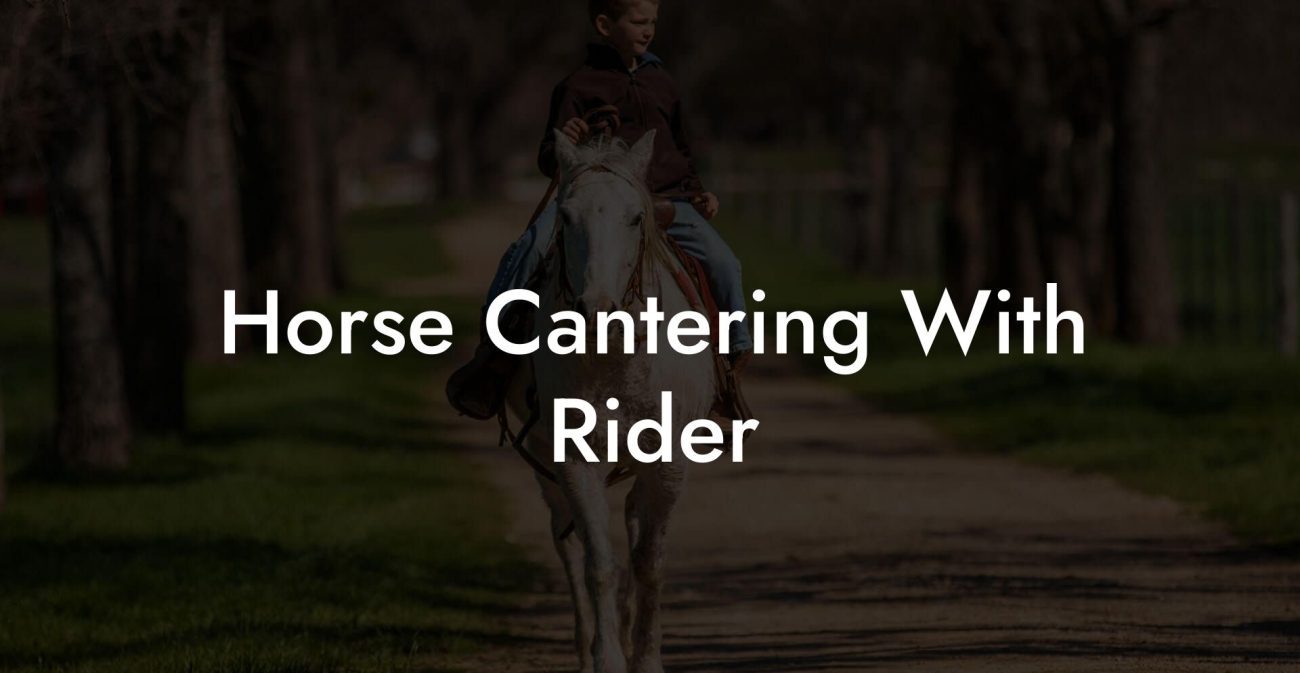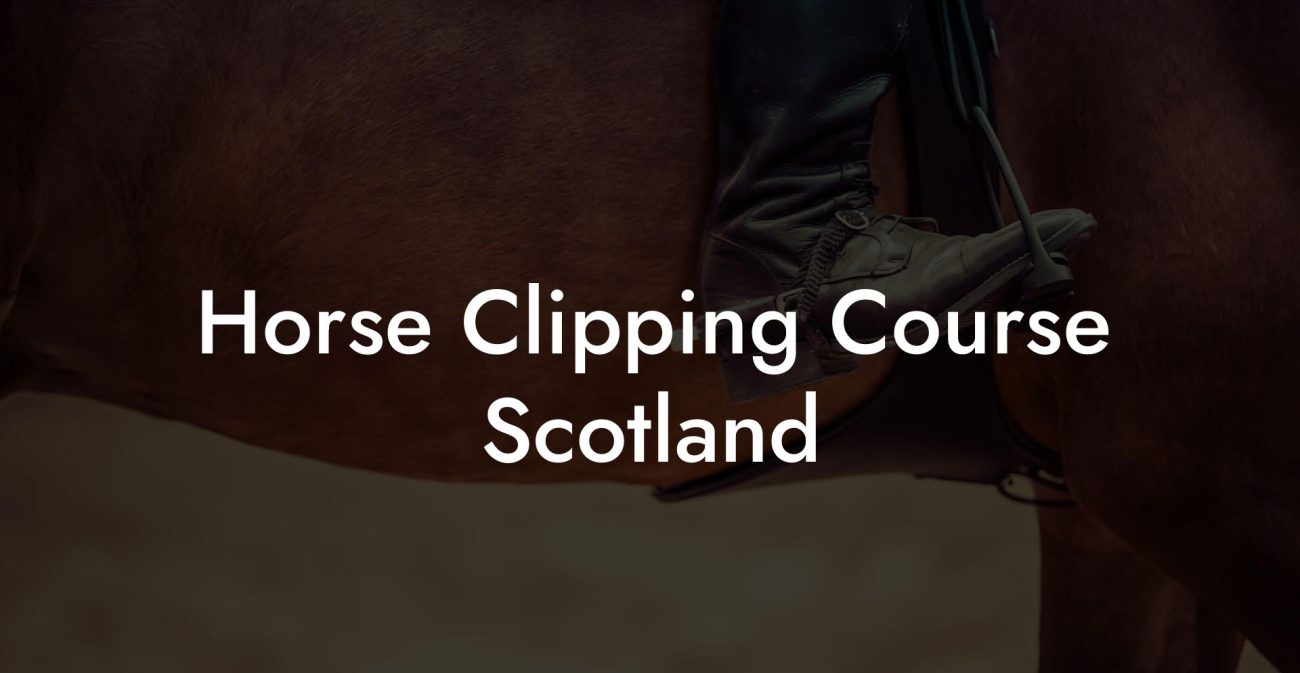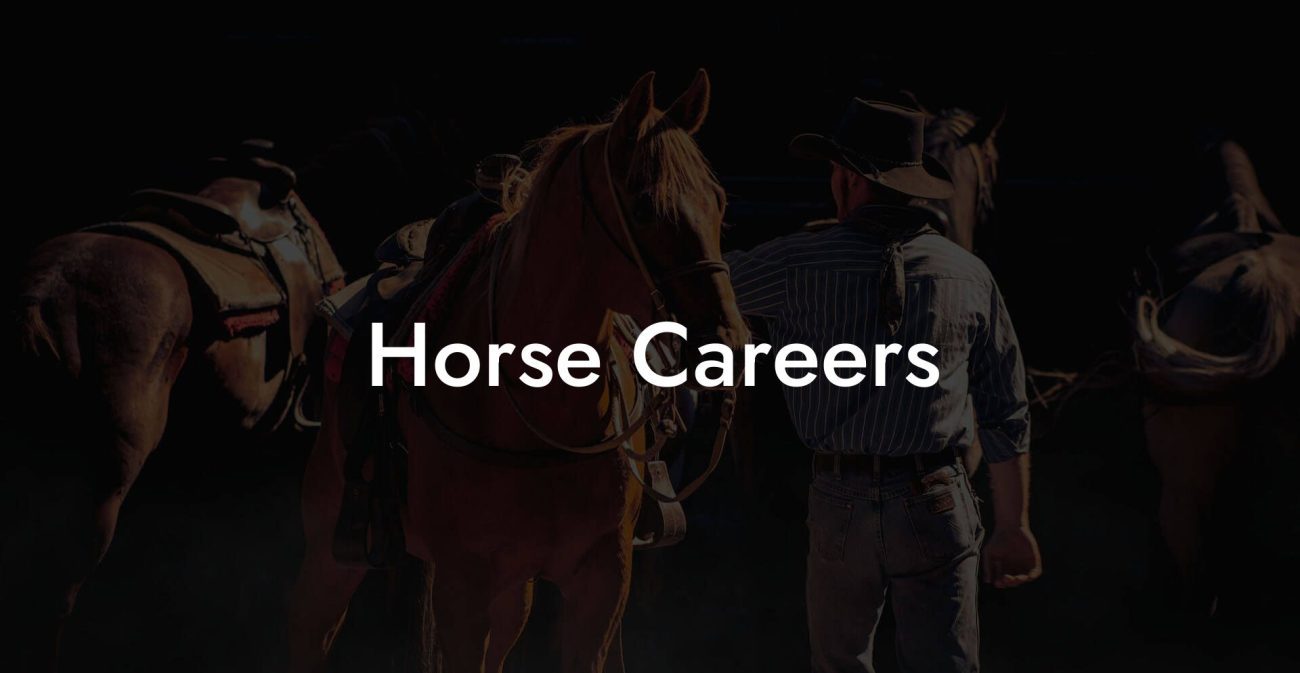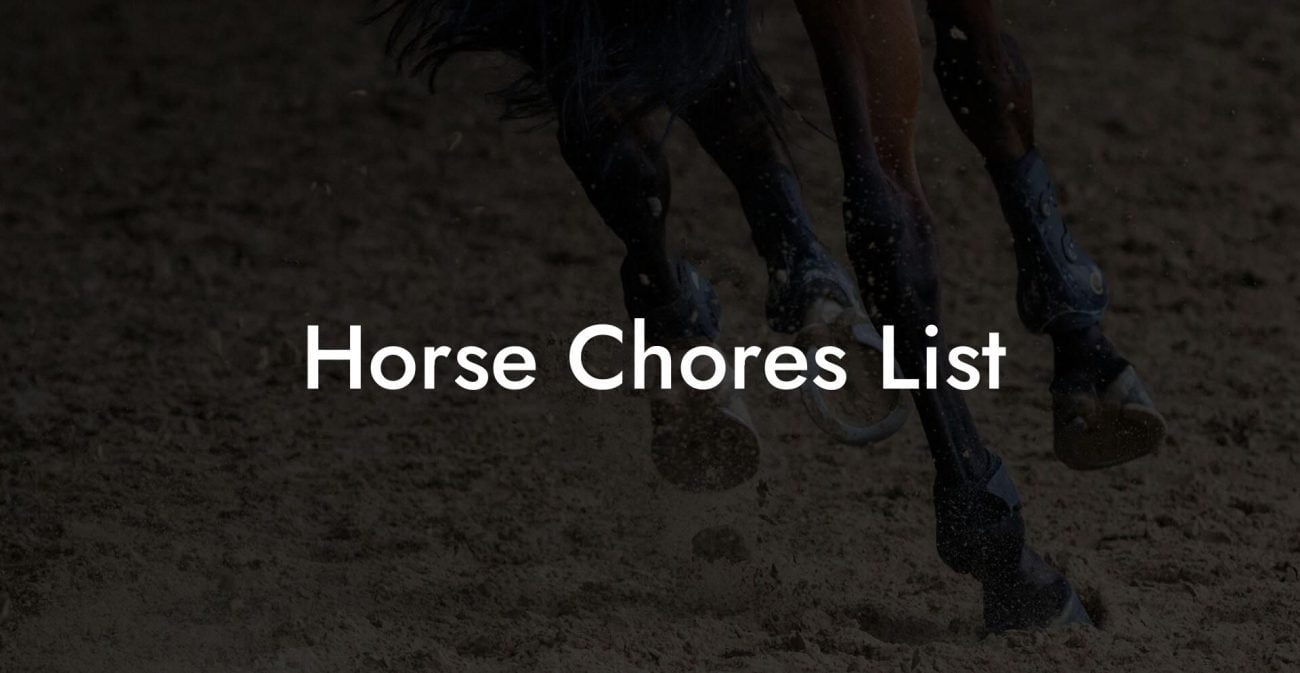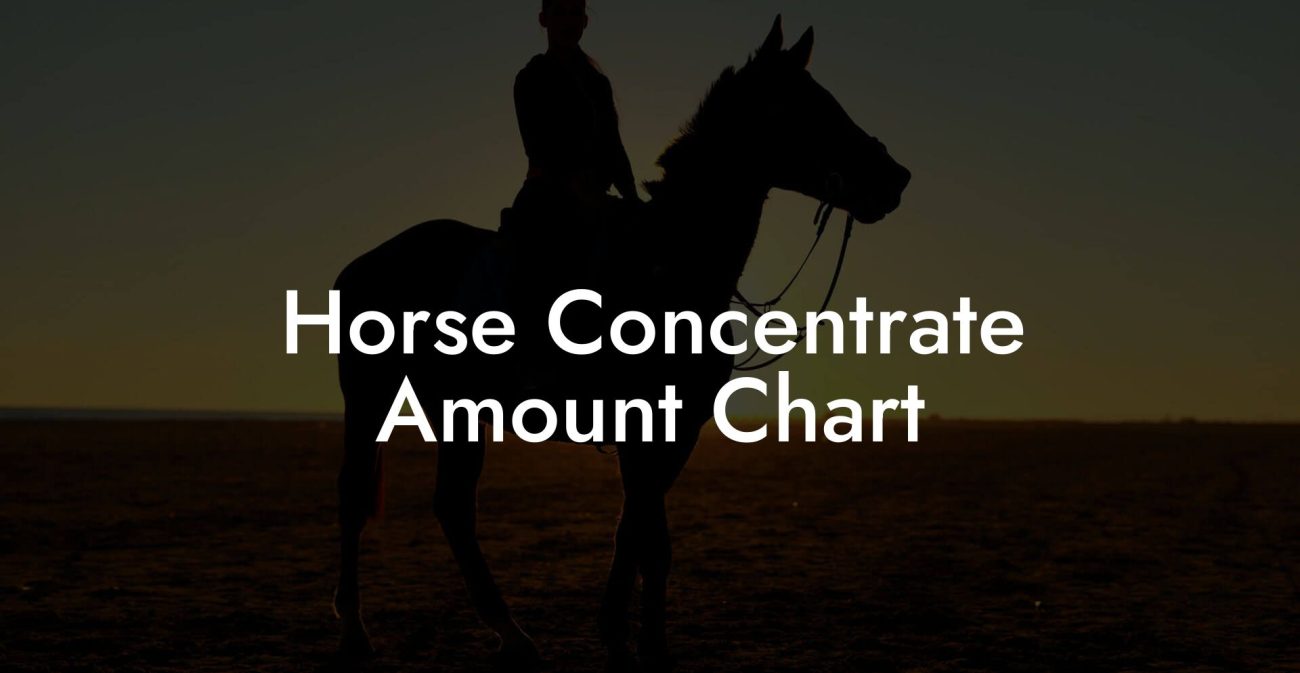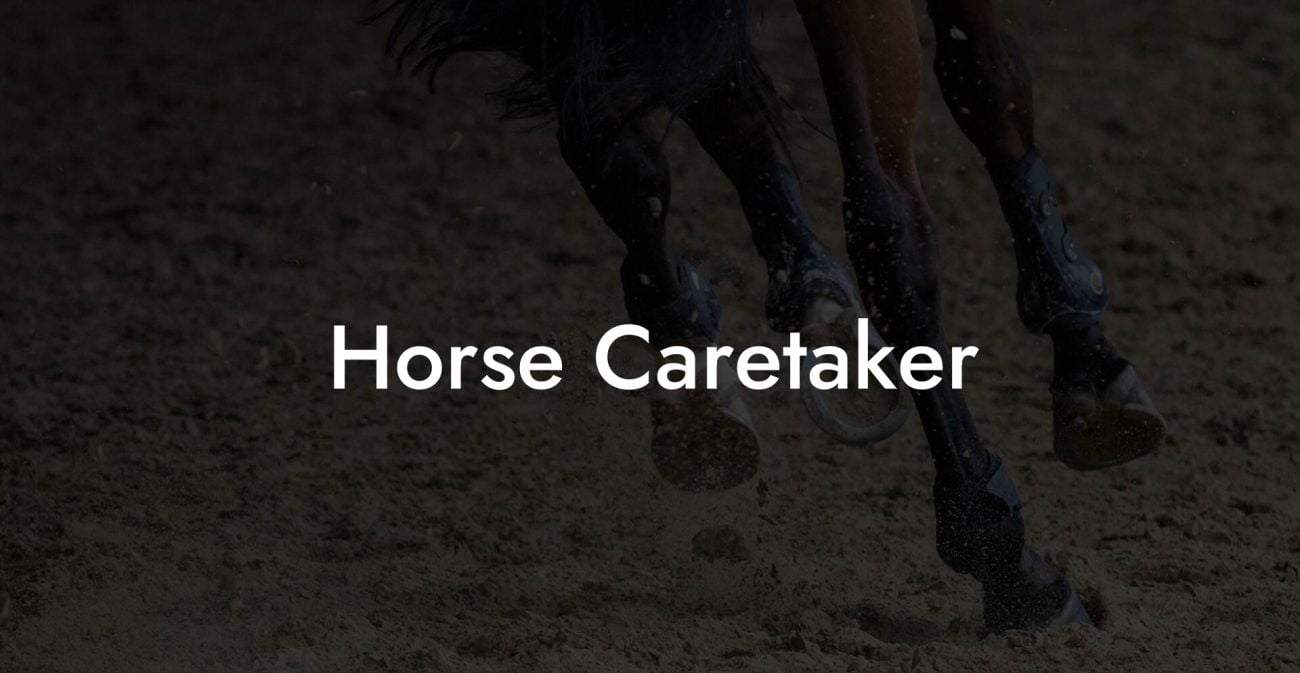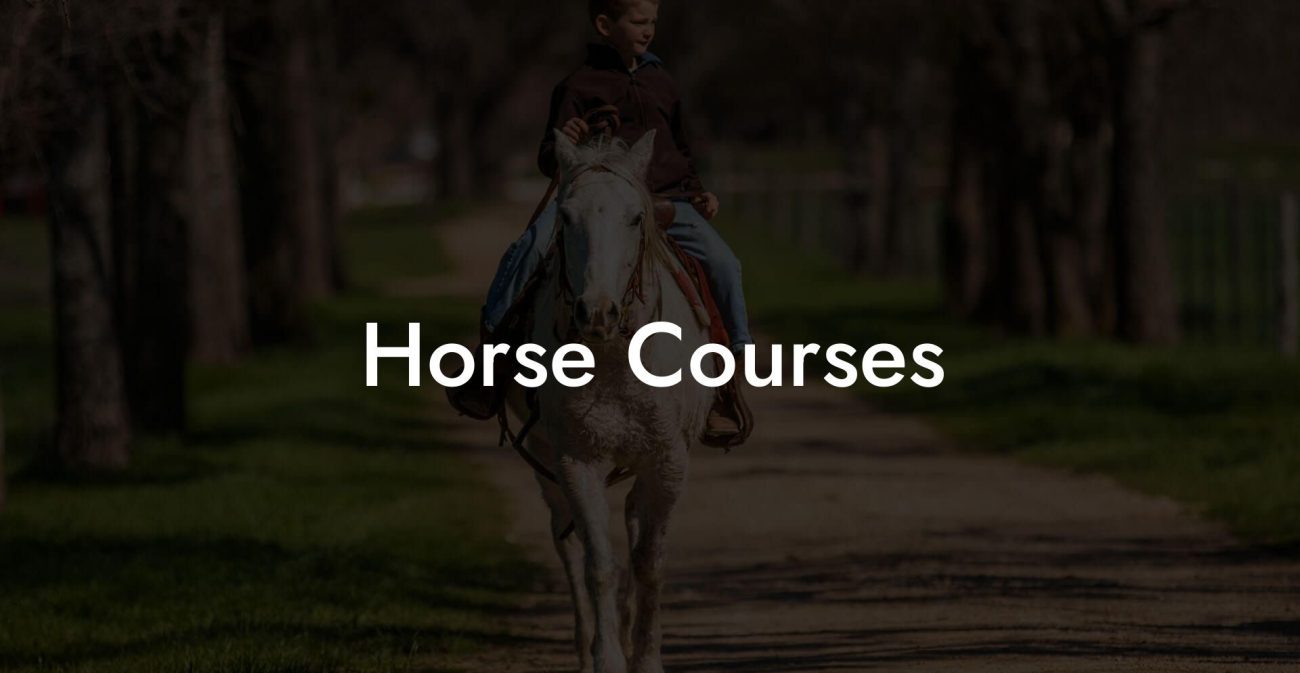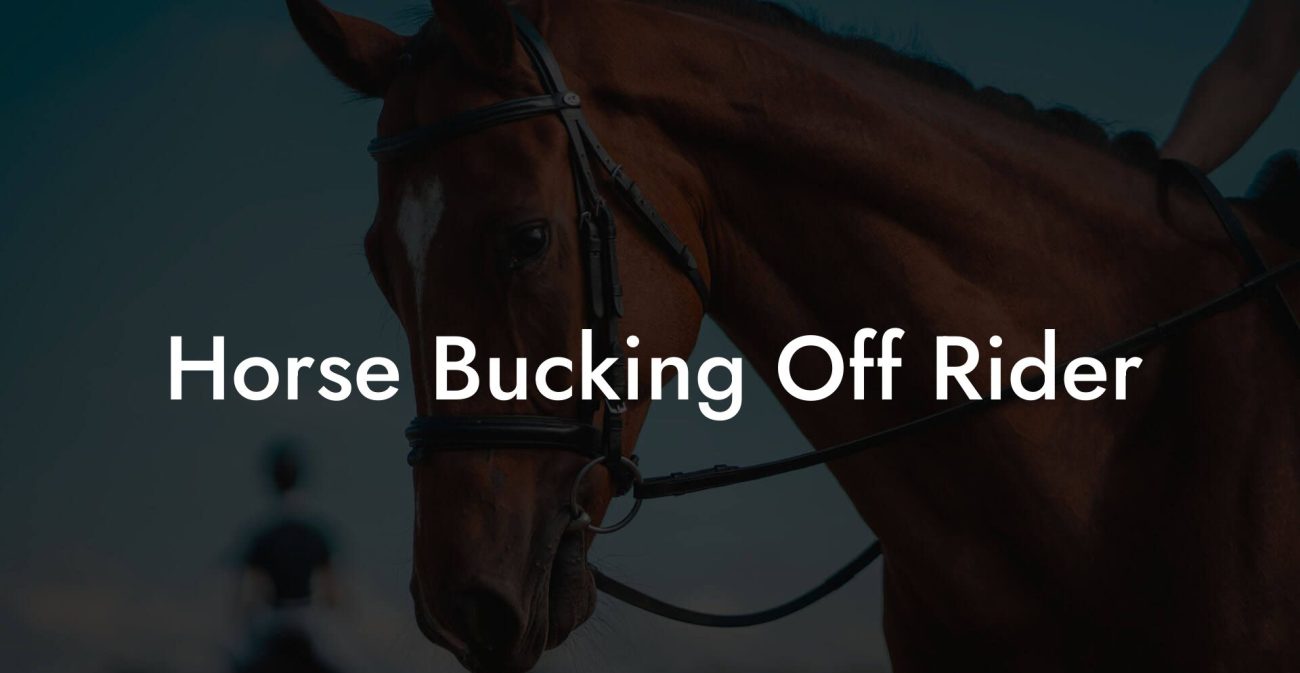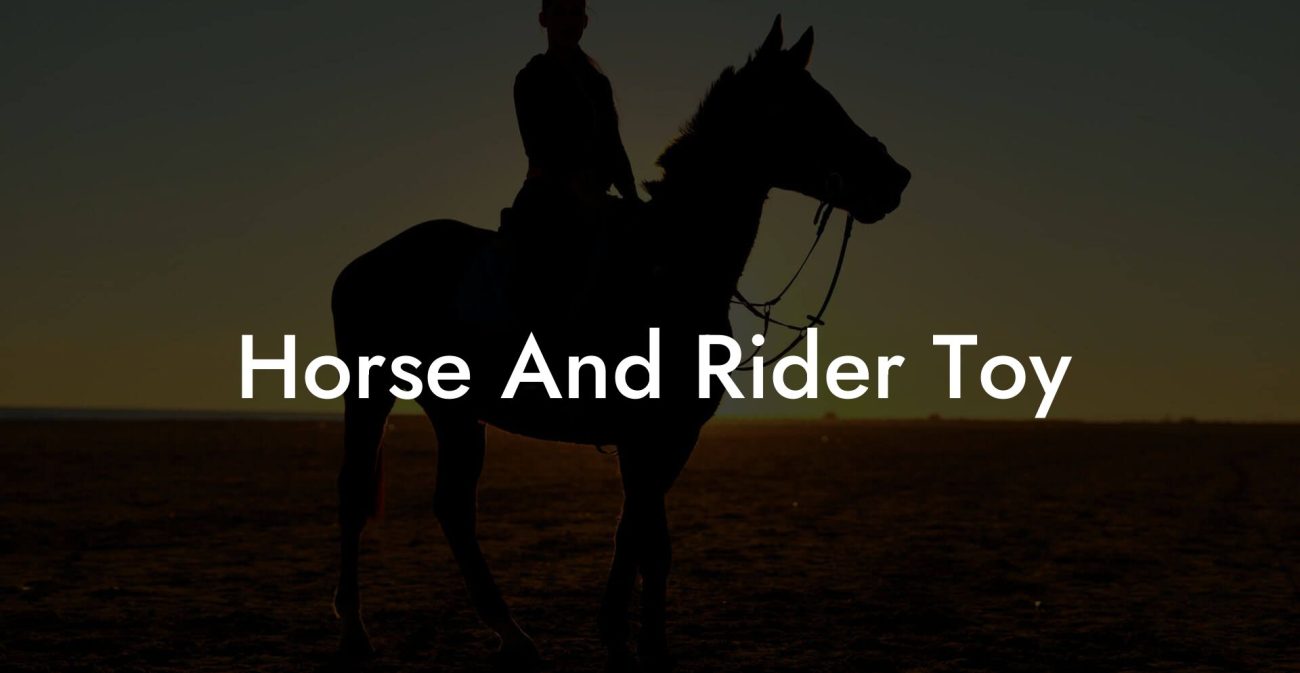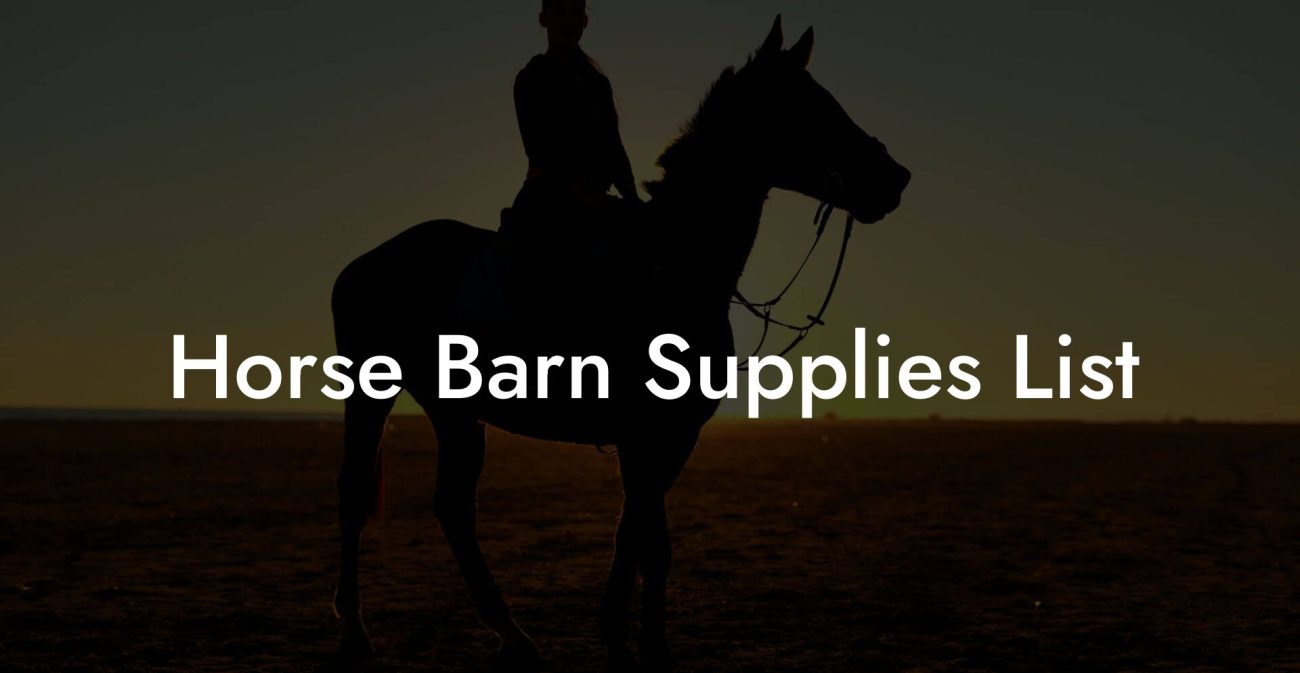Ever wondered what it really means when someone says a horse is "foundered" and why your equine bestie might be limping around like they've just survived a wild rave? If you’re a modern horse lover who loves all things high-energy and holistic, buckle up, because we're about to dive into a deep, engaging, and refreshingly down-to-earth exploration of founder in horses, its causes, symptoms, and how you can care for your steed with both conventional wisdom and a hint of integrative flair. This isn't your grandma's dusty veterinary manual; we're here to bring you the latest insights peppered with humor, practical tips, and a community vibe that speaks to Gen-Z and millennial horse enthusiasts alike.
Quick Links to Useful Sections
- What Is Founder in a Horse?
- Understanding the Hoof: Anatomy, Function, and Its Role in Founder
- Causes and Risk Factors: Why Founder Might Crash Your Horse’s Party
- Recognizing the Signs: How to Tell Your Horse Might Be Foundering
- The Science Behind Founder: What Really Goes Down Inside the Hoof
- Conventional Treatments: Laying the Foundation for Recovery
- Veterinary Assessment and Diagnosis
- Medication and Pain Management
- Hoof Care and Supportive Therapy
- Complementary and Integrative Approaches: Adding a Holistic Twist to Hoof Care
- Herbal Remedies and Nutritional Support
- Environmental and Lifestyle Modifications
- Physical Rehabilitation and Controlled Exercise
- Mind-Body Integration for Equine Wellness
- Preventing Founder: Daily Care, Diet, and Management Tips
- Thoughtful Dietary Choices
- Regular Hoof Maintenance and Farrier Visits
- Structured Exercise and Controlled Activity
- Stress Management for Your Equine Companion
- Case Studies: Real-Life Rescues from the Founder Frontier
- Case Study 1: Bella’s Journey from Lameness to Liberation
- Case Study 2: Rocky’s Road to Recovery After a Founder Flare-Up
- Case Study 3: Luna’s Transformation Through Integrative Management
- Integrative Approaches: Bridging Veterinary Science and Holistic Equine Health
- Customized Equine Wellness Plans
- Technology and Traditional Practices: A Match Made in Equine Heaven
- Resources and Community Support: Your Next Steps
- Frequently Asked Questions About Founder in Horses
- Your Journey to Empowering Equine Health and Happy Hooves
What Is Founder in a Horse?
Founder, technically known as laminitis, is a condition that affects a horse’s hooves by causing intense inflammation of the laminar tissues. These tissues act like the glue between the hoof wall and the underlying coffin bone. When they become inflamed, it’s as if your horse’s shoeing system goes haywire, leading to severe pain and lameness. In short, founder is one of the most painful and potentially debilitating hoof problems a horse can face.
Although the term "founder" might sound like an exclusive club for horses (or the title given to that one horse who started your stable), it actually refers to a series of events within the hoof structure that can lead to serious complications if untreated. The condition is characterized by an impaired blood flow, leading to a breakdown of the structural integrity of the hoof. Think of it like your favorite pair of sneakers getting so beat up that even the glue doesn’t hold anymore, only way worse.
Understanding the Hoof: Anatomy, Function, and Its Role in Founder
Before we unpack the messy details of founder, let’s take a minute to appreciate the marvel that is a horse’s hoof. A horse’s hoof isn’t just a clumsy foot covering, it’s a highly specialized structure made up of the wall, sole, frog, and laminae. The laminae are the unsung heroes of hoof stability, anchoring the coffin bone to the hoof capsule.
When everything is working as it should be, your horse’s hoof is built like a champion’s fortress. It can absorb shock, provide traction, and support the entire body weight of a large animal with ease. However, when the laminae become inflamed or compromised due to excessive pressure, metabolic disturbances, or even dietary mishaps, the entire fortress starts to crumble. And that, my friend, is when founder rears its painful head.
The condition is closely tied to nutrition and overall management practices. A diet high in non-structural carbohydrates (think sugary grains and lush pastures when conditions are just right) can trigger a cascade of metabolic events, leading to laminar inflammation. It’s a bit like having too much fast food on a regular basis, eventually, things start to break down.
Causes and Risk Factors: Why Founder Might Crash Your Horse’s Party
There isn’t a single villain in the story of founder. Instead, there’s an ensemble cast of potential risk factors that may conspire to compromise your horse’s hoof health. Here are some of the major players:
- Dietary Imbalance: Overindulgence in lush, high-sugar pastures or excessive grains can spike insulin levels, triggering inflammation. It’s like that feeling after eating too many donuts, only here, the consequences are lived day in and day out by your horse.
- Obesity: Extra weight means extra pressure on the hooves. Carrying too much weight can be a recipe for disaster, especially when the laminae are already compromised.
- Stress: Horses can experience stress from environmental changes, transportation, or even intense competition. High stress levels can exacerbate the inflammatory response in the hooves.
- Pre-existing Metabolic Disorders: Conditions such as equine metabolic syndrome (EMS) predispose horses to founder. Just like some of us are genetically predisposed to those extra love handles, some horses are more likely to develop laminitis.
- Overeating Lush Grasses: Even the grass isn’t always green with envy, it can sometimes be a culprit when it comes to overload on fermentable carbohydrates.
It’s important to note that while these factors increase the risk, not every horse exposed to one or more of these conditions will develop founder. However, knowing these triggers can help you manage your horse’s environment and nutrition more effectively.
Recognizing the Signs: How to Tell Your Horse Might Be Foundering
Early detection is essential in managing founder, and being on the front foot (or hoof) can make all the difference. Keep your eyes peeled for any of these signs:
- Lameness: A horse with founder may start to show signs of lameness, especially when turning in tight circles or when moving on a hard surface.
- Increased Hoof Sensitivity: Your horse might react painfully to touch around the hoof area, indicating inflammation of the laminae.
- Heat in the Hoof: An unusually warm hoof, even on a cold day, can be a tell-tale sign of an inflammatory process.
- Digital Pulse: Feeling a stronger, unusual pulse in the coronary band (just above the hoof wall) is another red flag.
- Posture Changes: Horses with founder may exhibit a stance where they shift their weight off the affected limb(s) in an attempt to alleviate discomfort.
Recognizing these signs early on means you can seek prompt veterinary care and adjust your horse’s care routine to prevent further damage. Think of it like catching a glitch in your favorite video game before it becomes a full-blown boss battle.
The Science Behind Founder: What Really Goes Down Inside the Hoof
If you’re curious about the nitty-gritty inner workings of a horse’s hoof during a bout of founder, here’s the lowdown. The term "laminitis" refers to the inflammation of the sensitive laminae, which are critical for sound hoof function. Normally, these tissues are robust and resilient, but when inflammatory mediators like cytokines come into play, the laminae begin to break down.
The inflammation can cause the coffin bone to rotate or sink, a process known as "foundering." Imagine your horse’s hoof structure as a well-engineered skyscraper; when the support beams start to weaken, the building shifts, jeopardizing the entire structure. It’s painful, it’s alarming, and it certainly isn’t Insta-worthy.
Modern veterinary research has shed light on the role of insulin resistance and endotoxins in the development of founder. High insulin levels may reduce blood flow, while endotoxemia, caused by toxins released from over-fermented feed in the gut, further compromises the health of the laminae. In other words, it’s a perfect storm of metabolic misadventure.
Conventional Treatments: Laying the Foundation for Recovery
When founder rears its ugly head, the first line of defense is conventional veterinary treatment. Just like you wouldn’t ignore a broken phone screen, you shouldn’t ignore the early signs of founder. Here’s what typically goes down in the stables of veterinary clinics:
Veterinary Assessment and Diagnosis
Your equine vet will perform a thorough physical examination, evaluating digital pulses, hoof temperature, and gait abnormalities. Radiographs (x-rays) might be used to assess the position of the coffin bone and determine the severity of the condition.
Medication and Pain Management
Pain relief is paramount. Non-steroidal anti-inflammatory drugs (NSAIDs) are commonly prescribed to reduce inflammation and manage pain. In some severe cases, additional medications, such as vasodilators, which improve blood flow to the hooves, might be included in the treatment plan.
Hoof Care and Supportive Therapy
Therapeutic shoeing and hoof trimming are indispensable allies in the battle against founder. By redistributing weight and providing better support, corrective shoeing techniques help reduce the mechanical stress on inflamed tissues. Farriers are key players here, ensuring that your horse’s hooves are given the precise care needed to promote recovery.
While conventional treatments provide critical support in the acute phase of founder, the journey to recovery often requires a more integrative mindset, one that harnesses both the best of traditional and holistic approaches.
Complementary and Integrative Approaches: Adding a Holistic Twist to Hoof Care
Beyond the initial medical interventions, many horse lovers are exploring integrative and complementary therapies to support long-term hoof health. These approaches blend conventional veterinary medicine with holistic practices, offering a more nuanced path to recovery and overall well-being.
Herbal Remedies and Nutritional Support
Believe it or not, mother nature has some powerful tools up her sleeve for soothing inflammation. Herbal supplements such as turmeric, boswellia, and omega-3 fatty acids have anti-inflammatory properties that can complement your horse’s treatment plan. When integrated with a balanced diet tailored to avoiding excessive sugars and starches, these nutraceuticals work to reduce systemic inflammation and bolster overall hoof health.
Environmental and Lifestyle Modifications
In today’s digital age, holistic care extends to creating a supportive environment that minimizes stress, not just for you, but for your horse too. Reducing time on hard surfaces, ensuring access to soft footing, and managing the quality of feed can all contribute to minimizing the triggers that get founder started in the first place. Think of it as curating the perfect, low-stress spa day for your horse every single day.
Physical Rehabilitation and Controlled Exercise
While rest is important during acute founder, controlled exercise is crucial for rebuilding strength and circulation once the worst of the pain subsides. Under veterinary guidance, your horse may gradually reintroduce gentle physical activity to stimulate blood flow and support tissue repair. It’s all about finding that sweet spot between rest and rehabilitation.
Mind-Body Integration for Equine Wellness
You might be thinking, “Mind-body integration for a horse? Really?” Yes indeed! A relaxed, stress-free horse is less likely to exacerbate inflammatory conditions. Practices that promote relaxation, be it through regular grooming sessions, a calm stable environment, or even the soothing sounds of nature, can make a noticeable difference in recovery. A horse that feels safe and serene is better equipped to heal.
Preventing Founder: Daily Care, Diet, and Management Tips
Prevention is always better than cure, and when it comes to founder, smart management practices can be your best defense. By staying proactive, you can help ensure that your horse maintains robust hoof health and avoids the pitfalls of laminitis.
Thoughtful Dietary Choices
The food your horse consumes is a cornerstone of hoof health. Minimizing high-starch grains and managing access to lush pastures, especially during peak growth seasons, are essential steps in keeping insulin spikes at bay. Instead, focus on a balanced diet introduced gradually with quality forages, vitamin supplements, and controlled portions of any energy-rich feeds. Your horse's stomach (and hooves) will thank you later.
Regular Hoof Maintenance and Farrier Visits
A well-maintained hoof is like a well-oiled machine. Consistent trimming and timely corrective shoeing can prevent undue stress on the laminae, keeping founder at bay. Regular farrier visits ensure that any slight misalignments or early signs of hoof imbalance are addressed before they become a major issue.
Structured Exercise and Controlled Activity
While too much exercise on hard or uneven surfaces can trigger founder, the right amount of controlled physical activity is essential. Regular turnout in a well-managed paddock, combined with monitored exercise sessions, helps promote circulation and maintain overall musculoskeletal health without overloading the hooves.
Stress Management for Your Equine Companion
Just as in humans, stress can have adverse effects on a horse's health. Creating a stable environment that minimizes sudden changes, loud noises, or overcrowded spaces is crucial. Integrating routines that include plenty of calming activities, like gentle grooming, massage, and even slow, mindful strides in the arena, can help your horse enjoy a more balanced, relaxed state of being.
Case Studies: Real-Life Rescues from the Founder Frontier
Sometimes, the best way to understand a condition is by hearing real-life stories of horses that have weathered the founder storm. Here are several case studies that illustrate the ups and downs, as well as the triumphant recoveries, experienced by horses battling founder.
Case Study 1: Bella’s Journey from Lameness to Liberation
Bella, a spirited mare known for her high energy and lively personality, began showing signs of uneven gait and sensitivity in her hooves. Her owner noticed Bella spending more time favoring her front legs during turnout. With prompt veterinary intervention, Bella was diagnosed in the early stages of founder. Incorporating a combination of strict dietary changes, corrective shoeing, and a carefully calibrated exercise program, Bella gradually returned to her old self. Today, Bella not only trots with renewed vigor but also sports a newfound calmness, a testament to the power of early detection and comprehensive care.
Case Study 2: Rocky’s Road to Recovery After a Founder Flare-Up
Rocky, a seasoned show horse, had built a reputation for his impeccable performance in the arena. However, a sudden flare-up of founder threatened to derail his career. After an intense bout of pain and restricted mobility, his vet employed a multi-pronged treatment plan: NSAIDs for pain management, specialized farrier care with custom shoeing, and a gradual reintroduction to controlled exercise. Rocky’s recovery was nothing short of miraculous. His owner also adopted integrative approaches like herbal supplements and environmental modifications to ensure long-term hoof health. Today, Rocky is back in the spotlight, a living example of resilience and the power of integrative care.
Case Study 3: Luna’s Transformation Through Integrative Management
Luna, a gentle giant loved by her stablemates, experienced recurrent founder episodes that left her in a perpetual cycle of pain and recovery. Her caretakers decided to overhaul her management routine by combining nutritional adjustments, regular farrier interventions, and stress-reducing strategies like calm, structured turnout times. Moreover, integrative therapies such as controlled exercise routines and natural anti-inflammatory supplements were introduced. Over time, Luna experienced a notable decrease in founder episodes, illustrating that a holistic, well-rounded management plan can truly transform a horse’s quality of life.
Integrative Approaches: Bridging Veterinary Science and Holistic Equine Health
The modern approach to managing founder isn’t about choosing between conventional veterinary science and holistic methods, it’s about blending the best of both worlds. Combining state-of-the-art diagnostics with natural, integrative therapies creates a dynamic care regimen that addresses the condition from every possible angle.
Customized Equine Wellness Plans
Every horse is unique, and so is their journey to recovery. Working with veterinarians, farriers, and equine nutrition experts, many horse owners are developing customized wellness plans that factor in diet, environment, exercise, and emotional well-being. Integrative plans might include:
- Regular monitoring of hoof health with innovative imaging techniques.
- Tailored medication routines that work in tandem with natural supplements.
- Specialized farrier care utilizing corrective shoeing to reduce undue stress.
- Nutritional plans designed to limit high-sugar feeds while providing balanced nutrients.
- Incorporation of stress-relief activities and controlled exercise to promote circulation and healing.
This collaborative approach not only treats the immediate symptoms of founder but also builds a robust defense against future flare-ups, ensuring your horse’s hooves remain strong and healthy.
Technology and Traditional Practices: A Match Made in Equine Heaven
From biofeedback devices (yes, those exist for horses too) that monitor hoof temperature and pressure, to cutting-edge mobile apps that track dietary intake and exercise routines, technology is now at the forefront of integrative equine care. At the same time, traditional practices like massage, natural herbal remedies, and environmental modifications continue to play a critical role in holistic management. Together, these strategies help create a comprehensive support network for your horse’s health.
Resources and Community Support: Your Next Steps
Taking charge of your horse's hoof health, especially when navigating the complexities of founder, is no small feat. But you’re not alone on this journey. There are loads of resources and a vibrant community of fellow equine enthusiasts who are eager to share insights, support one another, and celebrate every small victory along the way.
Consider joining online forums, subscribing to equine nutrition newsletters, and connecting with local farrier networks. Social media groups dedicated to holistic horse care offer a modern space to exchange ideas, post success stories, and learn new tricks to keep your horse's hooves in tip-top shape.
Whether you’re a seasoned horse whisperer or just embarking on your journey of equine care, the integration of conventional and holistic approaches will empower you to champion your horse’s well-being. The next step is as simple as engaging, learning, and experimenting with these holistic techniques, an adventure that will benefit your horse for years to come.
Frequently Asked Questions About Founder in Horses
Check out these common questions and answers that tackle the mysteries of founder head-on. Whether you’re curious about causes, prevention, or cutting-edge treatments, we’ve got you covered.
1. What exactly is founder (laminitis) in horses?
Founder is an inflammatory condition affecting the laminae, the tissues that secure the coffin bone to the hoof wall. This can cause the bone to rotate or sink, leading to extreme pain and loss of hoof integrity.
2. What are the most common causes of founder?
Common causes include dietary imbalances with excess sugars or starches, obesity, stress, and underlying metabolic disorders like equine metabolic syndrome.
3. How can I recognize early signs of founder in my horse?
Look out for increased lameness, sensitivity in the hooves, warmth around the hoof area, and abnormal digital pulses. A change in your horse’s stance may also be a red flag.
4. What conventional treatments are available for founder?
Treatment typically includes veterinary diagnosis, pain management with NSAIDs, corrective hoof care through specialized shoeing and trimming, and supportive therapies aimed at restoring healthy blood flow.
5. Can integrative and holistic approaches really help manage founder?
Absolutely. Combining conventional treatments with holistic practices, such as herbal supplements, environmental modifications, controlled exercise, and stress management, can optimize recovery and reduce the risk of future episodes.
6. How important is diet in preventing founder?
Diet is crucial. Managing carbohydrate and sugar intake, along with ensuring balanced nutrition, helps regulate insulin levels and reduce the risk of laminar inflammation.
7. How do I ensure my horse’s hooves are well-maintained?
Regular farrier visits, proper hoof trimming, and following a tailored exercise regime are key components of maintaining hoof health.
8. Are there technological tools to assist in managing founder?
Yes, modern tools include biofeedback devices and mobile tracking apps that can monitor hoof temperature, pressure, dietary inputs, and physical activity to help guide treatment strategies.
9. What steps should I take if I suspect my horse is developing founder?
If you notice any signs of lameness or hoof sensitivity, contact your veterinarian promptly for a thorough evaluation and tailored treatment plan.
10. Where can I find more resources and support for managing founder?
There are many online forums, equine care blogs, and local veterinarian networks dedicated to holistic horse care. Engaging with these communities can provide valuable insights and support.
Your Journey to Empowering Equine Health and Happy Hooves
Embracing the challenges of founder is not just about managing a condition, it’s about stepping into a holistic, integrative approach to equine health that prioritizes balance, prevention, and proactive care. By understanding what founder is, learning the warning signs, and adopting a multi-faceted care strategy, you’re paving the way for a healthier, happier life for your horse.
Every grooming session, dietary tweak, exercise adjustment, and farrier visit contributes to a larger narrative of resilience and well-being. With the infusion of both conventional veterinary care and innovative holistic practices, you’re empowered to take control of your horse’s health in a way that’s informed, compassionate, and downright modern.
So gear up, dive into the diverse world of equine care, and embrace each step of the journey towards happy, healthy hooves. Your horse, and your inner equine enthusiast, will thank you for it.


